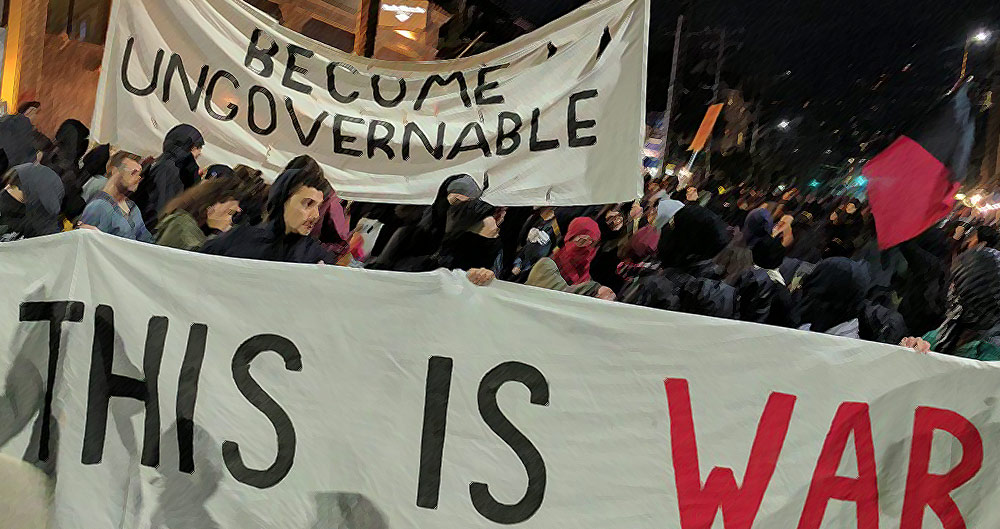“Voter surveys have found the GOP-controlled Congress,” I wrote last weekend at Townhall, “to be more popular among self-described Democrats than self-described Republicans.”
Why? Because Republican politicians are proving themselves unable — even unwilling — to legislate as they have promised. One word: Obamacare. And few dare actually cut spending on anything … though they campaign on something (mythical?) called “fiscal responsibility.”
This leaves the GOP open to challenge. By the party I mentioned yesterday on this page.
And that can prove disastrous for the Republicans, for our elections in these United States are not run, on the whole, on reasonable grounds. They are “first past the post” elections, where, if enough people vote for their most favorite candidate it ensures that their least favorite candidate wins.
In those races where allegedly “small government”/“fiscally responsible” Republicans are challenged by serious budget-slashing Libertarians, the Libertarian candidacy can have the effect of electing a Big Government/Pro-Debt Democrat.*
Yet the actual political outcome of these challenges could be positive — yes, for the GOP. As I wrote yesterday, the Virginia Libertarian gubernatorial candidate seems to be influencing the Republican to be less of a “jail ’em all” Drug Warrior.
When Republicans adopt pro-freedom positions they’ll win more votes.
Moreover, this influence need not be ad hoc.
State Libertarian Party officials could identify the most critical issues and negotiate directly with state GOP officials: “These are our issues — if your incumbents vote correctly on these issues, we will not challenge them. But if not, we will take them out.
“And if we help elect Democrats, that’s on your head.”
This is Common Sense. I’m Paul Jacob.
* There may be cases where the Libertarians — when focusing on issues such as drug legalization and peace — have cost Democrats elections. If so, Libertarians ought similarly leverage Democrats in those areas to improve their positions on those issues.











